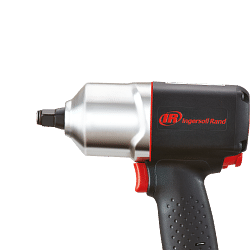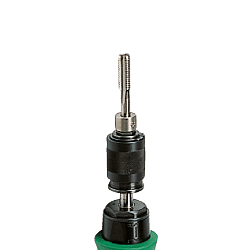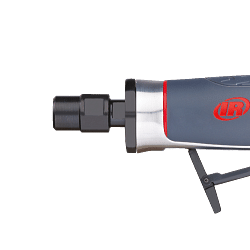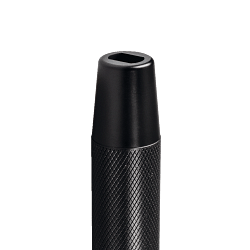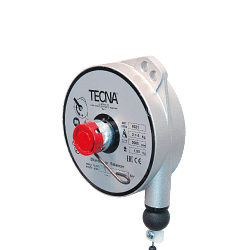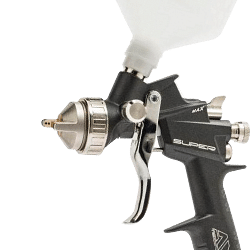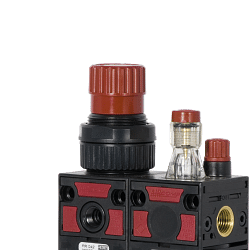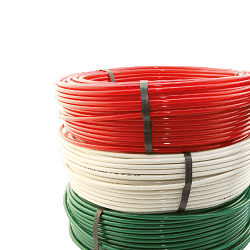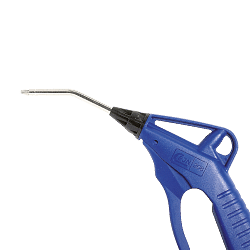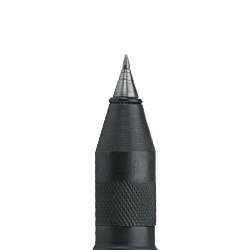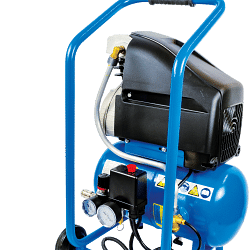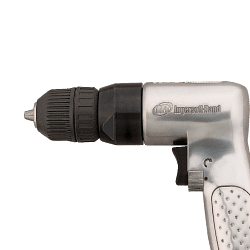Register and use the discount code NEWWELCOME to get 10% off on your first purchase. GET DISCOUNT.
Register and use the discount code NEWWELCOME to get 10% off on your first purchase. GET DISCOUNT.
Register and use the discount code NEWWELCOME to get 10% off on your first purchase. GET DISCOUNT.
Free shipping in 24h from 200€
Catalogues
Customer service
How can we help you?
- Faq
- Customer service
02.927371
- Supporting big orders
02.38298620
-
info@linkindustrialtools.it
- Request assistance with form
Or contact us with the chat in the lower right corner
- All products
 Integral cutting tools
Integral cutting tools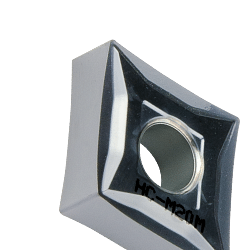 Turning tools
Turning tools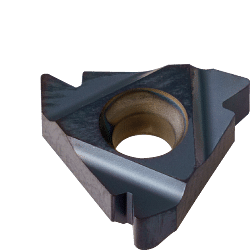 Thread tools
Thread tools Thread tools
Thread tools- All products
- Thread inserts
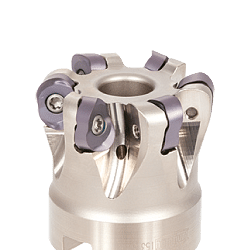 Milling cutters
Milling cutters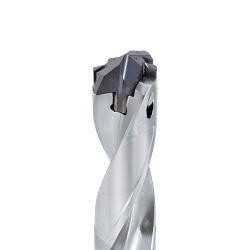 Drilling tools
Drilling tools Drilling tools
Drilling tools- All products
- Indexable drill bits
- Indexable drill heads
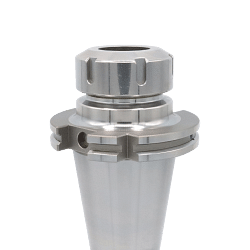 Clamping systems
Clamping systems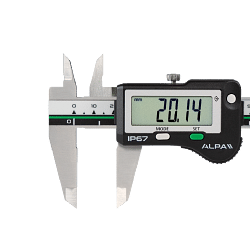 Measuring and precision tools
Measuring and precision tools Measuring and precision tools
Measuring and precision tools- All products
- Digital calipers with readings to 0.01
- Analogue calipers
- Digital micrometers
- Analogue micrometers
- Bore gauges
- Snap gauges
- Digital gauges
- Analogue gauges
- Touch probes
- Zero setters and edge finders
- Inspection plates
- Altimeters
- Height gauges
- Squares and levels
- Threaded rings
- Gauge blocks
- Calibrated tapes and thickness gauges
- Digital and analogue hardness testers
- Roughness testers
- Microscopes, lenses and visors
- Digital thermo-hygrometer to measure moisture
- Reset benches
- Optical profile projector
- Professional, digital dynamometers
- Laboratory scales
- Digital amperometric pliers
- Thickness and adhesion gauges
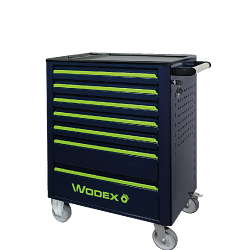 Hand tools
Hand tools Hand tools
Hand tools- All products
- Combination wrenches
- Spanners
- Hook wrenches
- Tubular wrenches
- Hexagon keys
- Torx wrench
- Socket wrenches
- Screwdrivers
- Torque wrenches
- Torque screwdriver
- Inserts and bits for screw drivers
- Tool trolleys
- Workshop pliers
- Wire strippers
- Cable strippers
- Cutting nippers
- Professional scissors
- Nippers
- Professional shears
- American or Swedish pipe wrench
- Adjustable wrench
- Pipe tools
- Pipe cutter for plumber
- Cutter
- Hacksaws
- Deburring tools
- Chisels
- Hammers and mallets
- Mechanical and conical pullers
- Clamps
- Tap wrenches and die stocks
- Riveters
- Flexometers
- Tape measures
- Markers
- Flat squares and rulers
- Professional dividers
- Professional protractors
- Brushes
- Lubricators and spray nozzles
- T-wrenches
- Reversible ratchets
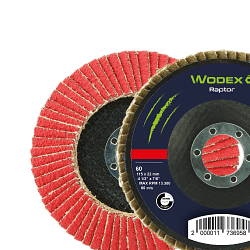 Abrasives
Abrasives Abrasives
Abrasives- All products
- Cutting discs
- Deburring grinding wheel
- Flap discs
- Fabric discs for surface treatment
- Abrasive fibre discs with Velcro
- Abrasive cloth in rolls, sheets and bands
- Flap wheels with pin and abrasive wheel with hole
- Abrasive wheels for buffing machines
- Abrasive spiral bands
- Abrasive brushes
- Flexible sanders
- Mounted grinding discs
- Polishing felt
- Solid carbide rotary cutters
- HSS rotary cutters
- Abrasive wheels for sharpening and grinding
- Diamond grinding wheels
- Grinding stone
- Diamond paste
- Abrasive stones
- Files and rasps
- Diamond files
- Grinders and polishing equipment
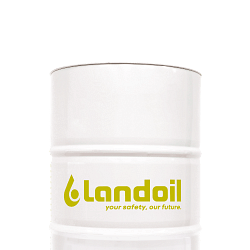 Lubricants for machine tools
Lubricants for machine tools Lubricants for machine tools
Lubricants for machine tools- All products
- Water-miscible coolants
- Neat cutting oil
- Minimal lubrication systems
- Oil for guides and slides
- Drums of hydraulic oil fluid
- Anti-freeze for machine tools
- Air coolers
- Oil separator
- Powders and absorbents for oil
- Aspirators for oil mist
- Accessories for cooling lubricants
- Metal and mould protectors
- Grease and paste
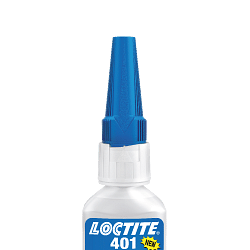 Chemical, adhesives and sealants
Chemical, adhesives and sealants Chemical, adhesives and sealants
Chemical, adhesives and sealants- All products
- Acrylic, cyanoacrylate and epoxy adhesives
- Guns and silicon sealant
- Threadlocker
- Sealants and retainers
- Release agents, lubricants and anti-seize
- Zinc spray and polishes
- Lubrication accessories
- Protections for maintenance
- Industrial Cleansing
- Handwash
- Industrial cloths and rags
- Welding machines
- Electrodes
- Clamps, shields and welding masks
- Antispatter
 Safety equipment
Safety equipment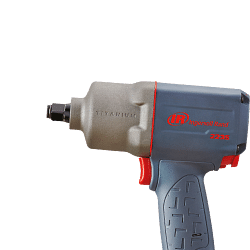 Pneumatics
Pneumatics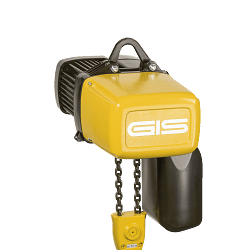 Lifting systems
Lifting systems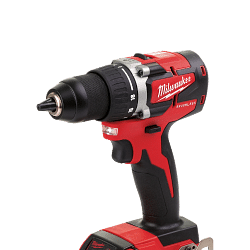 Workshop equipment
Workshop equipment Workshop equipment
Workshop equipment- All products
- Column and bench drills
- Accessories for lathes
- Band saws
- Cut-off machines
- Bench grinders
- Power tools
- Spare parts and accessories for Power Tools
- Saws and hole cutters: wood, metal and plasterboard
- Tapered cutters for sheet metal
- Industrial aspirators
- Fume aspirators
- Bench vices
- Technical lamps
- LED torches
- Industrial cable winders
- Trolley wheels
- Quick clamps
- Threaded inserts
- Control knobs
- Packaging accessories and material
- Belt sanders
- Electric tapping machines
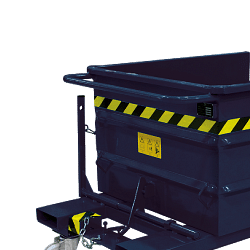 Furnishings and storage
Furnishings and storage Furnishings and storage
Furnishings and storage- All products
- Work benches
- Swivel chairs for office use
- Drawer units for workshops
- Industrial cabinets for warehouses and workshops
- Tool cabinets
- Security cabinets
- Changing room cabinets
- Containers for small metal parts
- Scrap holders
- Workshop trolleys
- Spill pallets for drum storage
- Shelves for warehouses and offices
- Cantilever shelving
- Aluminium ladders
- Modular plinths
- Units and cabinets for waste recycling
 Brand
BrandPromotions
 Bestseller
Bestseller- Catalogues
-
Catalogues
Customer service
How can we help you?
- Faq
- Customer service
02.927371
- Supporting big orders
02.38298620
-
info@linkindustrialtools.it
- Request assistance with form
Or contact us with the chat in the lower right corner
< Pneumatics
- Home
- Pneumatics
- Drills
Drills
Drills are essential tools in machine shops, representing a fundamental pillar for a wide range of industrial applications. These devices, known for their versatility and precision, are designed to drill holes in a variety of materials, including metals, wood and plastics. Their importance in the industrial sector cannot be underestimated, as they allow complex machining to be carried out with efficiency and accuracy.
The importance of drills in machine shops
In the context of machine shops, drills play a crucial role. They are used to create precise holes, which are necessary for the assembly of mechanical components, the construction of structures and the maintenance of machinery. The ability of a drill to work on different materials makes it an indispensable tool for professionals. In addition, technological evolution has led to the development of increasingly advanced drills with features that improve productivity and safety at work.
Types of drills and their applications
There are different types of drills, each designed for specific applications. Pedestal drills, for example, are ideal for jobs requiring precision and stability, thanks to their robust construction and ability to hold the tool upright. Impact drills, on the other hand, are perfect for drilling into hard materials such as concrete, thanks to their percussion mechanism that facilitates penetration. Screwdrivers, on the other hand, combine the drilling and screwing function, making them versatile tools for assembly work.
Advantages of using drills in workshops
The use of drills in machine shops offers numerous advantages. First of all, they save time and reduce physical effort due to their ability to perform fast and precise drilling. In addition, modern drills are equipped with speed and torque control systems, which allow performance to be adapted to the specific requirements of the job. This not only improves the quality of the end result, but also helps to extend the life of the tools and materials being processed.
Technological innovations in industrial drills
In recent years, the drill industry has seen significant technological innovations. The introduction of brushless motors, for example, has improved the energy efficiency and lifetime of drills, while reducing the need for maintenance. In addition, the integration of electronic control systems has optimised performance, ensuring greater precision and safety during use. These innovations have made drills even more reliable and high-performance tools that meet the growing demands of modern machine shops.
Frequently asked questions about drills in machine shops
One of the most common questions concerns the choice of the right drill for specific applications. The answer depends on several factors, including the type of material to be machined, the size of the hole required and the frequency of use. It is also important to consider the technical characteristics of the drill, such as motor power, rotation speed and the presence of additional features such as torque control.
Another frequently asked question concerns the maintenance of drills. To ensure optimal performance and prolong the life of the tool, regular cleaning and lubrication of moving parts is essential. In addition, it is advisable to periodically check the condition of the drill bits and replace them when necessary to avoid damage to the material being processed and to the drill itself.
Conclusions
In conclusion, drills are an essential element in machine shops due to their ability to perform precise and complex machining operations. The choice of the right drill and its correct maintenance are essential to guarantee high quality results and optimise operational efficiency. As technology evolves, drills continue to improve, offering ever more advanced solutions for the needs of modern industry.
Read More Read LessThe importance of drills in machine shops
In the context of machine shops, drills play a crucial role. They are used to create precise holes, which are necessary for the assembly of mechanical components, the construction of structures and the maintenance of machinery. The ability of a drill to work on different materials makes it an indispensable tool for professionals. In addition, technological evolution has led to the development of increasingly advanced drills with features that improve productivity and safety at work.
Types of drills and their applications
There are different types of drills, each designed for specific applications. Pedestal drills, for example, are ideal for jobs requiring precision and stability, thanks to their robust construction and ability to hold the tool upright. Impact drills, on the other hand, are perfect for drilling into hard materials such as concrete, thanks to their percussion mechanism that facilitates penetration. Screwdrivers, on the other hand, combine the drilling and screwing function, making them versatile tools for assembly work.
Advantages of using drills in workshops
The use of drills in machine shops offers numerous advantages. First of all, they save time and reduce physical effort due to their ability to perform fast and precise drilling. In addition, modern drills are equipped with speed and torque control systems, which allow performance to be adapted to the specific requirements of the job. This not only improves the quality of the end result, but also helps to extend the life of the tools and materials being processed.
Technological innovations in industrial drills
In recent years, the drill industry has seen significant technological innovations. The introduction of brushless motors, for example, has improved the energy efficiency and lifetime of drills, while reducing the need for maintenance. In addition, the integration of electronic control systems has optimised performance, ensuring greater precision and safety during use. These innovations have made drills even more reliable and high-performance tools that meet the growing demands of modern machine shops.
Frequently asked questions about drills in machine shops
One of the most common questions concerns the choice of the right drill for specific applications. The answer depends on several factors, including the type of material to be machined, the size of the hole required and the frequency of use. It is also important to consider the technical characteristics of the drill, such as motor power, rotation speed and the presence of additional features such as torque control.
Another frequently asked question concerns the maintenance of drills. To ensure optimal performance and prolong the life of the tool, regular cleaning and lubrication of moving parts is essential. In addition, it is advisable to periodically check the condition of the drill bits and replace them when necessary to avoid damage to the material being processed and to the drill itself.
Conclusions
In conclusion, drills are an essential element in machine shops due to their ability to perform precise and complex machining operations. The choice of the right drill and its correct maintenance are essential to guarantee high quality results and optimise operational efficiency. As technology evolves, drills continue to improve, offering ever more advanced solutions for the needs of modern industry.


